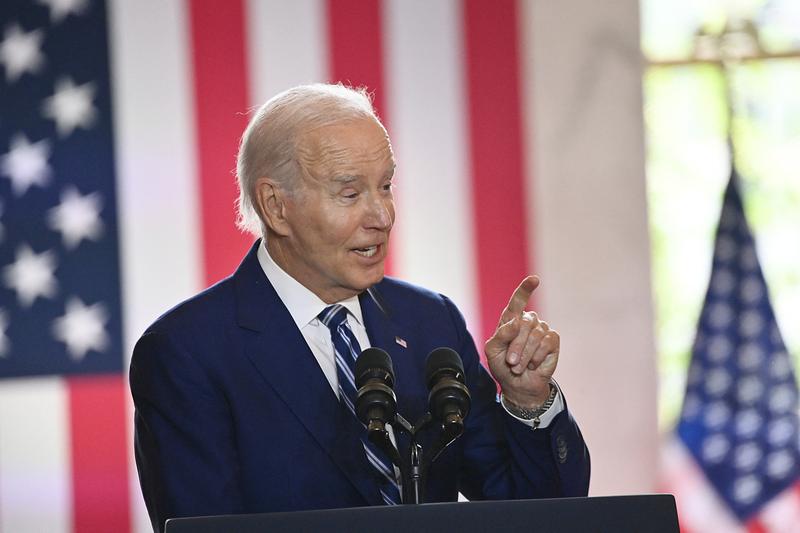The Tupperware financial problems They are due to the proliferation of free takeout boxes from restaurants, following an increase in food delivery orders, and competition from cheaper food storage containers, such as Clorox’s GladWare.
Popularized by suburban housewives who sold the plastic containers at private parties in the 1950s, Tupperware has lost its edge against rivals making cheaper, more modern and more environmentally friendly containers, analysts said. to Reuters.
On Amazon.com, GladWare sells packs of three 8-cup plastic containers with lids for $8.99 or more, compared to a single Tupperware Heritage Collection container with lids of the same size for $10.99.
Tupperware did not respond to a request for comment.
Investors dumped shares of Tupperware Brands Corp this week after it said late on Friday it had “substantial doubts” about its ability to stay in business without a cash injection or $705 million debt relief. dollars, which it has difficulty paying due to the rise in interest rates.
Shares hit their lowest in three years at $1.21 on Monday and rose to $1.32 at the close of trading on Wednesday. The Orlando-based company said it was looking at ways to “downsize” and monetize its fixed assets.
National rivals such as Newell Brands Inc – which makes Rubbermaid, FoodSaver and Ball containers – and a “proliferation of alternative private labels have eroded Tupperware’s market share over the years,” according to retail consultant Carol Spiekerman.
“The main problem with Tupperware is that there are so many more competing brands to choose from,” says Neil Saunders, managing director of GlobalData.
Hitha Herzog, chief retail analyst at H Squared Research, said Tupperware’s challenges in attracting younger consumers also hurt the brand’s ability to grow revenue. In addition, Tupperware was slow to abandon its direct sales force, made up largely of women who promoted the products at parties.
Tupperware CEO Miguel Fernández told an earnings call in March that the brand was working to expand e-commerce sales. Late last year, it began selling containers and other products at Target Corp.
“At that point it was too little too late,” Herzog said.
GladWare, owned by Clorox Co, is sold in large stores such as Walmart inc and target and in grocery stores like Kroger. Clorox is licensed under the Glad brand.
But some food storage products come directly to customers and for free.
Food delivery and takeout orders have skyrocketed during the COVID-19 pandemic, allowing consumers to stock up on reusable polypropylene takeout boxes from restaurant orders, said Barry Friends, a partner at food industry consultancy pentallect.


